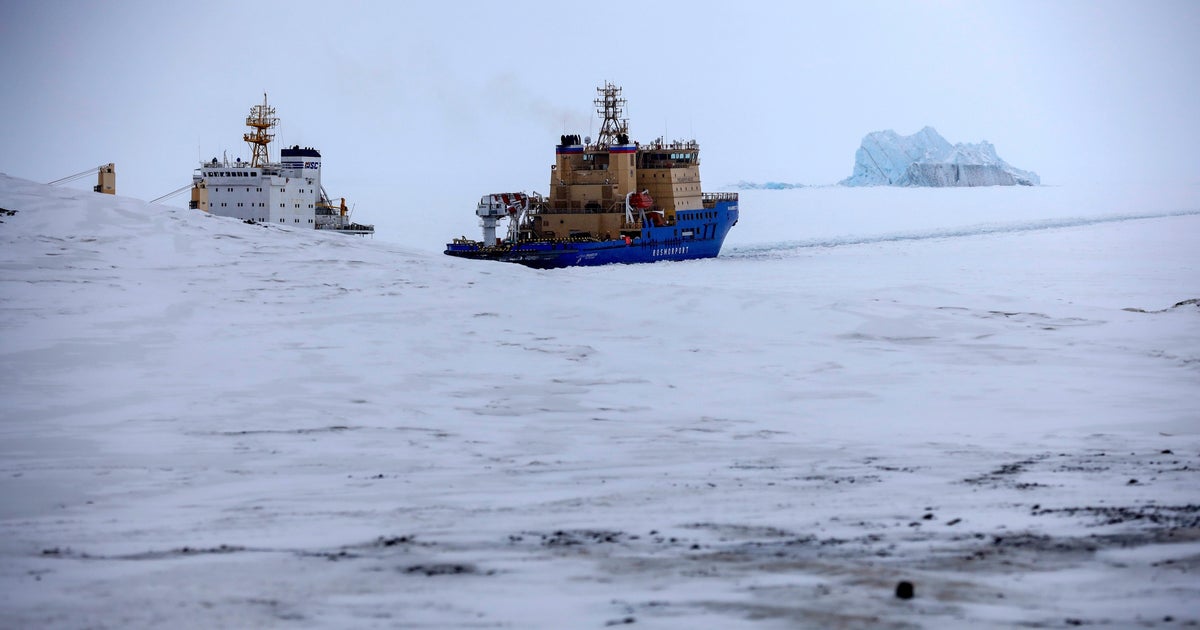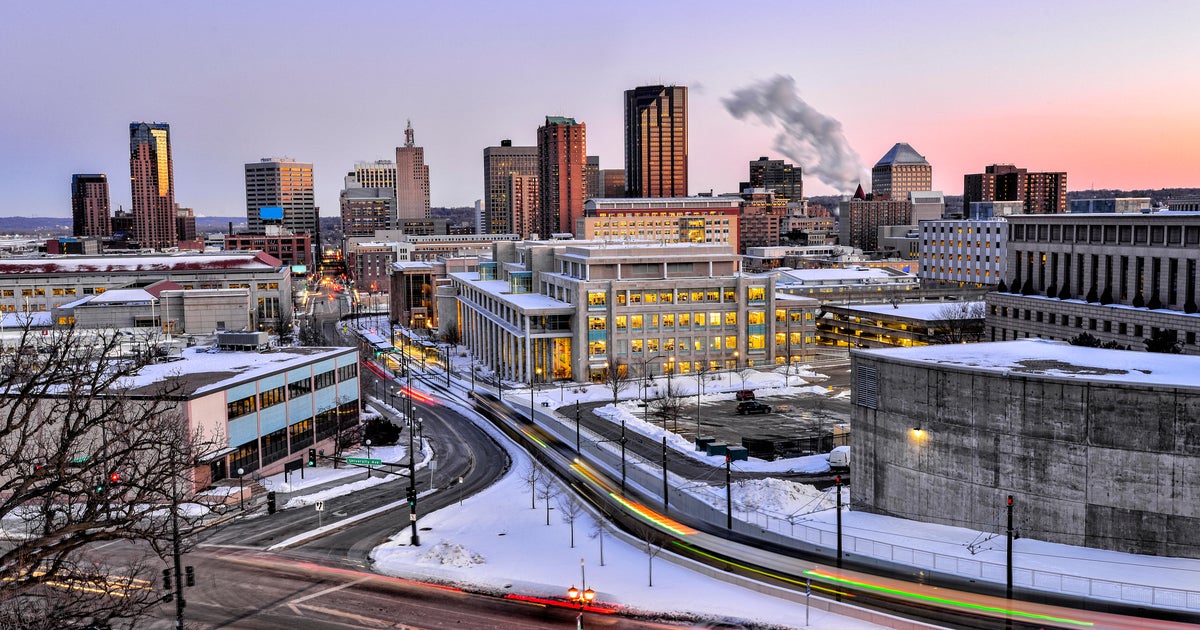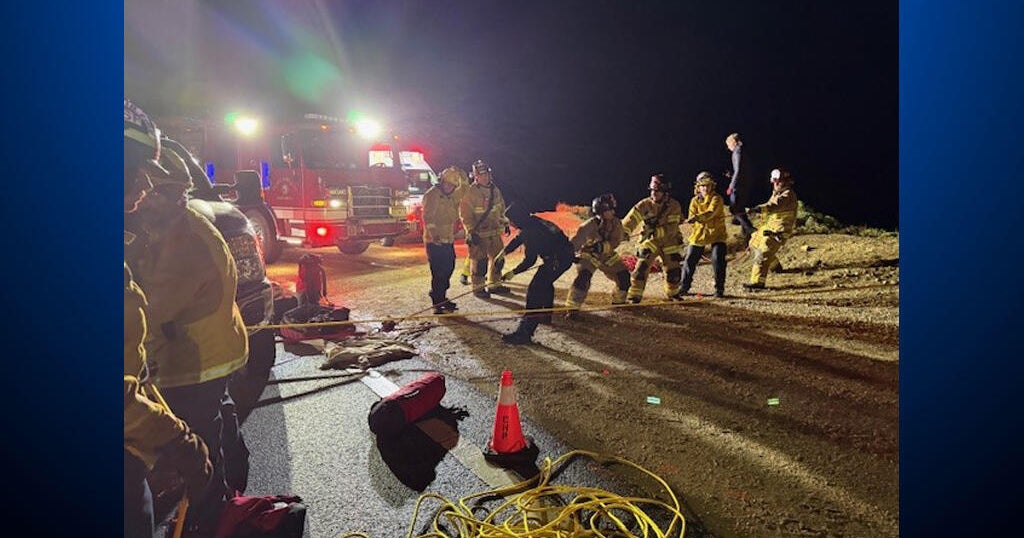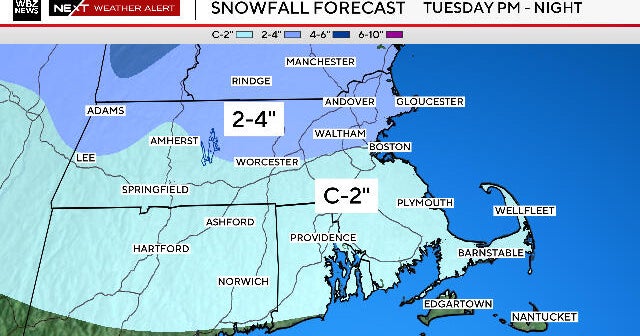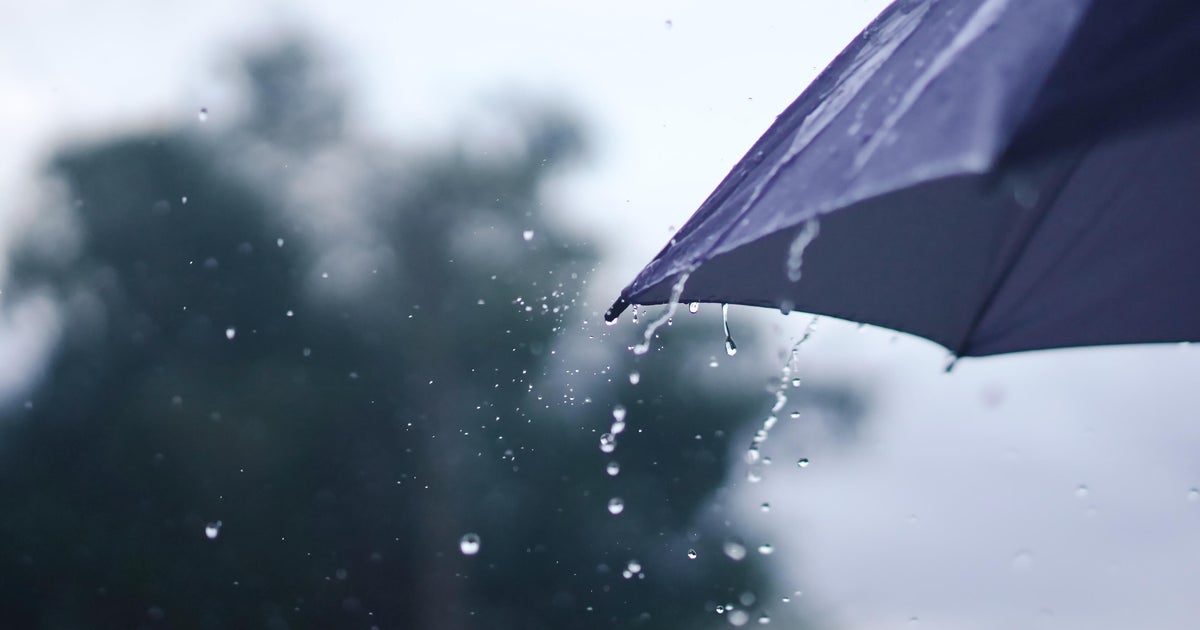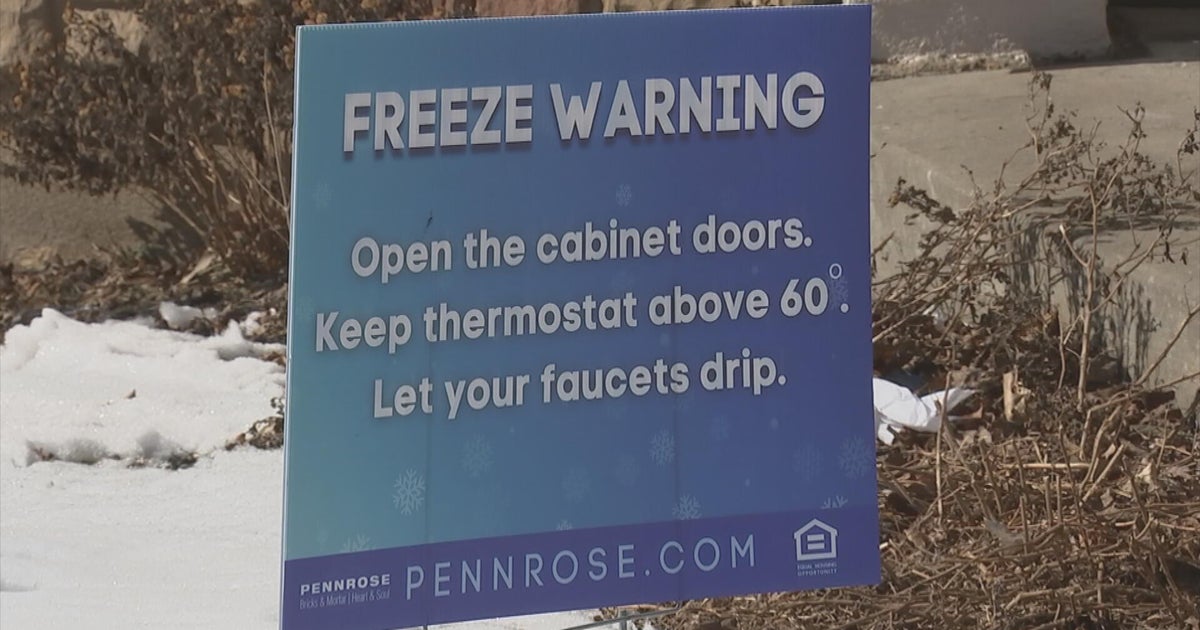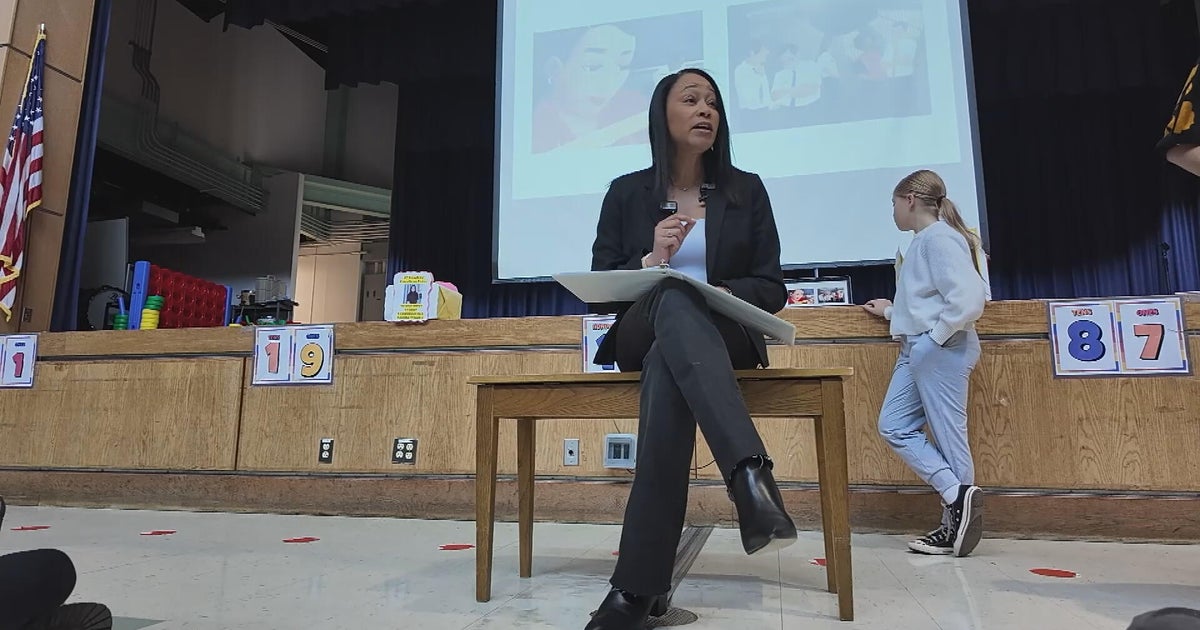Tiny Sea Creatures Might Hold Secret to Slowing Climate Change
MONTEREY (CBS SF) -- Cutting-edge technology in Monterey County is shining a light on a mysterious sea creature that could be a vital and powerful ally in the fight against climate change.
If you drained Monterey Bay, you would see a chasm the size of the Grand Canyon. It's there where scientists just discovered a key to how the oceans help keep carbon out of our atmosphere.
"These animals that are less than 10 centimeters in size are playing outsized roles in how things are moving around and functioning in our oceans," said Kakani Kateja.
Kateja is the engineer who built and deployed a unique camera and laser scanning system into the Monterey Bay. It was used recently. to look inside a creature that has puzzled and amazed scientists for decades called larvacaeans.
Kateja's team attached the camera system to a remote underwater vehicle that dove almost a mile deep in the bay to find their elusive subject.
"What's really amazing about these animals is their ability to create really complex structures completely out of mucus that they secrete," Kateja said.
The camera took images of the tiny creature at the center of a sometimes 3-foot diameter of intricately constructed mucus. It was only when the crew deployed their new laser scanning device that they were able to explore the interiors of the mucus structure. That's when they discovered the creatures vital role in the ecosystem.
Those mucus structures serve to filter particles and food from the water around them. Those particles are essentially made up of carbon and they actually stay confined or trapped within those mucus structures.
Larvacaeans. will actually abandon these structures, swim away and build new ones.
As they swim away, the particle laden webs sink to the ocean floors keeping that carbon trapped or in the marine food cycle -- and out of earth's atmosphere.
Since larvaceans have been found in every ocean basin on earth, scientists say they play a huge role in keeping life sustainable back on land.
